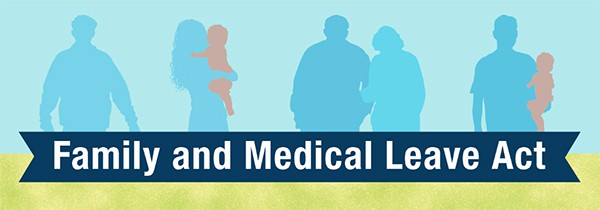California Workers' Compensation FAQ
Can my employer fire or demote me if I file a claim for workers' compensation?
No. It’s illegal for your employer to fire you or discriminate against you for filing a claim for workers’ compensation benefits. Workers’ compensation discrimination can include demotions, pay cuts, undeserved bad performance evaluations, undesirable work assignments, and verbal harassment, among other things. If you think your employer has retaliated against you because of a job-related injury, talk to a Los Angeles workers’ compensation attorney. Although these cases are difficult to prove, you could be entitled to reinstatement, lost pay, and additional benefits.
If I have to miss time from work after a work-related injury, does my employer have to save my job for me?
If your employer has 50 or more employees, you may be covered by the Federal Family and Medical Leave Act. This law entitles an employee to take up to 12 weeks of unpaid. Otherwise, no law requires your employer to keep your job open while you recover from your injury. Unless you have a contract with your employer, you can be fired at any time. However, you can’t be fired because you filed for workers’ comp.

If my employer fires me because I can’t return to work, can I still get workers’ comp benefits?
If your employer terminates you because you are unable to work, you are still entitled to workers’ compensation benefits.
If I am disabled because of my injury, does my employer have to offer to modify my job to accommodate my limitations?
You may qualify as disabled under the Americans with Disabilities Act (ADA) or the California Fair Employment Housing Act. If your employer has 15 or more employees, these laws will apply. They require an employer to make a reasonable effort to modify a job so that a disabled employee can perform its “essential functions.” Disability discrimination law is a complex area. If your employer does not offer to accommodate you, you’ll want to discuss your case with a disability discrimination attorney.
What are my options if my employer does not have workers’ comp insurance?
If you are injured on the job and your employer doesn’t have workers’ compensation insurance and is not legally self-insured, you have two options. You can take either or both:
- File a claim against the Uninsured Employers Benefits Trust Fund. This fund is run by the state to provide benefits to injured employees when their employers don’t have coverage.
- Sue your employer in court. Normally, when you are injured at work, your only remedy is a workers’ comp claim. However, you can sue your employer if it doesn’t have insurance or is not legally self-funded. It makes sense to sue your employer only if the business has assets from which to satisfy a judgment.
Pasadena Workers' Compensation Attorney
At Robert M. Harman & Associates, we care committed to protecting your rights and your future. We have the knowledge and experience to help you obtain the most compensation possible. We will work diligently and will keep you updated throughout the whole process.
Providing Workers' Compensation Services to the Greater Los Angeles Area since 2002
YOU CAN COUNT ON US TO BE AGGRESSIVE ADVOCATES FOR YOUR RIGHTS
DISCLAIMER:
The information contained on this web site is of a general nature and is not intended as a substitute for legal advice. No attorney client relationship is created by your viewing of this site or contacting us via e~mail. This web site is intended only to solicit clients within the state of California.
WARNING: Making a false or fraudulent Workers’ Compensation claim is a Felony Subjecto to up to Five Years in Prison or a Fine up to $50,000.00 or Double the Value of the Fraud whichever is Greater, or by both Imprisonment and a Fine.

